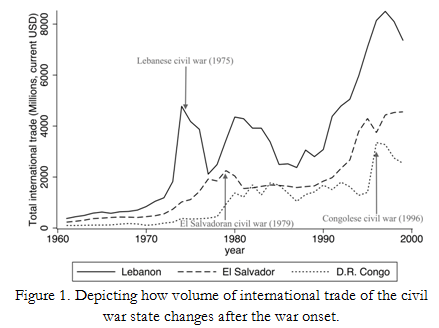
David Lake’s post yesterday on the Iran Deal triggered a spirited discussion amongst my colleagues at UCSD which I thought I’d share with our readers.
Peter Gourevitch reminded us that it is important to consider the consequences the deal could have on hardliners in each camp. “In Iran, will they be more aggressive on other issues to balance off those who don’t like this agreement? In Israel, will the hardliners push to strike Iran, despite warnings from the military there how counterproductive this would be? In the US, will hardliners demand that Washington counter “rogue-ish” behavior by Iran in terms of its support for terrorism?”
Stephan Haggard echoed this concern: “A hardline strand of US foreign policy seems to believe that any negotiation or multilateral commitment is a dangerous concession that limits our freedom of maneuver. Yet our efforts to ‘get tough’ over the last two decades – including through military intervention – have hardly fared well and would likely be catastrophic with respect to Iran. Like any negotiation, the Iran deal is a calculated risk. But critics should be held to a higher standard. They need to explain to us not how they wish the world was, but how scuttling this particular agreement will lead to a superior outcome.”
Both scholars also emphasized the danger a failed deal could have on US-European relations. As Gourevitch wrote, “What are the diplomatic costs to our alliance (with Europe) if the policy crashes in the US? I imagine it would create a costly strain on US relations in Europe…” “Critics,” according to Haggard, “routinely overlook the fact that failure to reach an agreement could easily lead to a US that is isolated not only from Beijing and Moscow – both more than happy to resume trade with Tehran – but from our European allies as well.”
All of this suggests that a key issue in the Iran deal moving forward will be to ensure that hardliners are not allowed to scuttle and politically abuse an agreement drawn up by more moderate elements in each country.







2 comments
The daggers have come out. Take Charles Krauthammer, for example, in the WaPo (7/17/15): “Congress needs to act in order to rob this deal of, at least, its domestic legitimacy.” Don’t just reject the deal; rob it of legitimacy. Transparently nasty. This President has earned his Nobel Peace Prize.
I had some similar views regarding the Iran nuke deal. There is not better alternative than diplomatic negotiations, clearly our sanctions have not been working. I talk more about this in my blog: centerislepolitix.wordpress.com